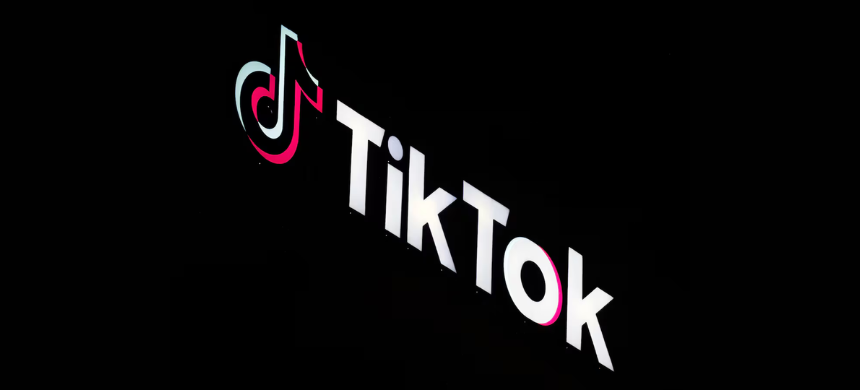TikTok has filed an emergency request with the US Supreme Court, seeking to halt the enforcement of a federal law that mandates its Chinese parent company, ByteDance, to divest ownership of the platform by January 19 or face a nationwide ban.
The social media giant, with 170 million American users, argues that delaying the law’s enforcement is necessary to allow proper judicial review of its legality. The law, passed by Congress in April, cites national security concerns over ByteDance’s access to sensitive user data, including private messages, location details, and browsing activity. Critics claim this information could be exploited by the Chinese government, with the Justice Department describing TikTok as a “national-security threat of immense depth and scale.”
In its defense, TikTok argues that the law violates First Amendment rights, which protect free speech. The company contends that Americans should have the right to decide whether or not to use the app, emphasizing that they are already informed about any potential risks. TikTok’s lawyers warned that the ban would harm millions of users, creators, and businesses, estimating a loss of one-third of its US users within a month. “The First Amendment entrusts Americans with making that choice, free from government censorship,” the filing stated.
Read More: Tiktokers, Youtubers entry banned in Parliament.
The legal battle follows a ruling by the US Court of Appeals for the District of Columbia Circuit, which upheld the law, rejecting TikTok’s free speech claims. The court emphasized the government’s responsibility to protect national security and Americans’ data from foreign threats.
TikTok has asked the Supreme Court to decide on the matter by January 6 to allow time for a potential shutdown if the court rules against the company. The case raises broader concerns about future actions against other foreign-owned apps, such as WeChat, which previously faced a similar ban attempt under President Trump in 2020.
Amid escalating US-China tensions, TikTok finds itself at the center of a geopolitical conflict. While the government maintains that TikTok could enable Chinese influence, the company insists it has never shared US user data with Beijing.
The outcome of this case could set a significant precedent for social media regulation and free speech in the digital age, as millions of users, creators, and businesses await the Supreme Court’s ruling.











